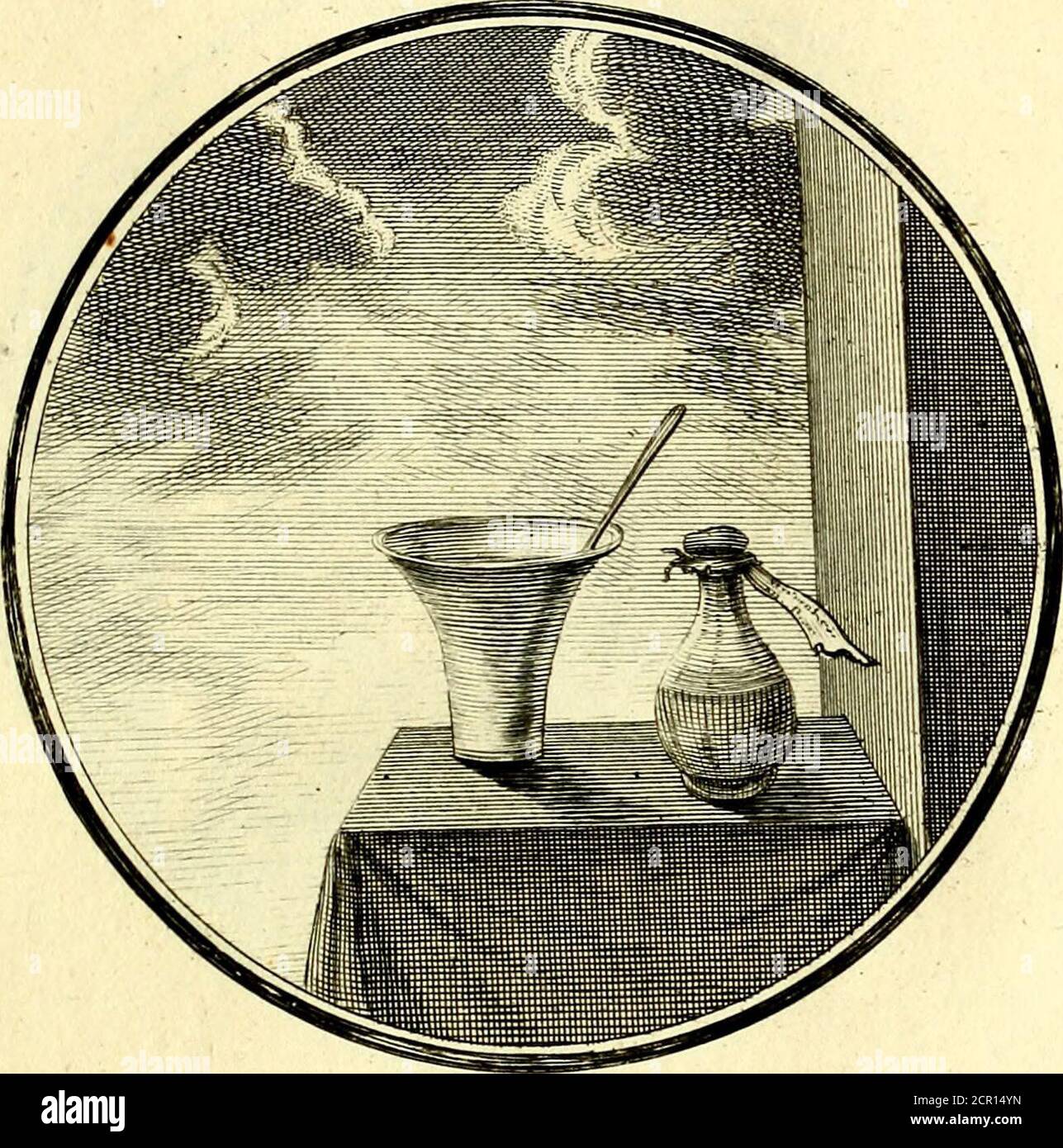

Padre Pio, meditating on our Lord’s agony, also prayed: And so even now, in a wondrous yet true manner, we can and ought to console that Most Sacred Heart which is continually wounded by the sins of thankless men, since – as we also read in the sacred liturgy – Christ Himself, by the mouth of the Psalmist complains that He is forsaken by His friends: “My Heart hath expected reproach and misery, and I looked for one that would grieve together with me, but there was none: and for one that would comfort me, and I found none” (Psalm 118:21). 22:43), in order that His Heart, oppressed with weariness and anguish, might find consolation. If, because of our sins also which were as yet in the future, but were foreseen, the soul of Christ became sorrowful unto death, it cannot be doubted that then, too, already He derived somewhat of a solace from our reparation, which was likewise foreseen, when “there appeared to Him an angel from heaven” (Lk. Pope Pius XI wrote in his encyclical letter, Miserentissimus Redemptor: Jesus was strengthened not only by the angel, but also by all those generous souls foreseen by Him who, moved by His sorrowful complaint, have kept and continue to keep Him company in the Garden of Olives, watching and sharing His bitterness and mortal anguish. …And now the Church still seeks to recover that hour in Gethsemane-the hour lost by Peter, James and John-so as to compensate for the Master’s lack of companionship which increased His soul’s suffering. In one way the Church still hears these same words: the reproach addressed to the three Apostles is accepted by the Church as if it were addressed to herself, and she tries to fill the gap left by that lost hour when Jesus remained completely alone in Gethsemane. …a reproach of concern to every disciple of Christ. Jesus asked them sadly, “Could you not watch one hour with Me?” Karol Wojtyla (Pope John Paul II), commenting on the carelessness of the three Apostles, said that these words of Jesus are: Moreover, the app also integrates with the Apple Calendar and Reminders utilities and uses your iCloud account to sync some of the data between devices.An angel was sent to Jesus in His agony to strengthen Him as He bore the weight of the world’s sins, while the three Apostles slept. To help you identify your long-term goals, Opus One comes with a Mission Builder that will help you analyze your strengths and skills, your self-improvement goals, your vision upon the future and so on.Īll in all, Opus One comes with a plethora of tools that can help you schedule your task and events in an efficient manner. Opus One also provides access to a weekly planner where you get to review your activity, to add new ideas, to visualize your master tasks, and to review your mission. Create long term plans and keep track of your goals

This way, you will have access to a wide array of data about your projects within the same app. Moreover, Opus One integrates a meeting planner that can comprise details about the attendees, the subjects that are to be discussed, and so on. To visualize your priorities, Opus One is able to generate an Eisenhower matrix and help you identify the tasks that are important and urgent, but also the ones that are not important and can be delegated or scheduled for a later time. You should be able to create new categories, but the respective entry in the contextual menu does not work properly. Since Opus One integrates with your iCloud account, you get to add events to any calendar associated with your account.Īt the same time, you can prioritize your tasks using different tags, or change their current status (normal, in progress, delegate, forwarded, scheduled, and so on). Within the Opus One Calendar view, you get to input daily events and tasks, add alerts and define due dates. Calendar scheduler that helps you prioritize tasks In addition, it also comes with support for cloud synchronization. Opus One is a task and schedule management application designed to help you keep track of your day to day activity, without losing sight of the projects and ideas that matter most to you.Īt first glance, the utility is similar in concept and design to the Opus Domini app, yet it has been rewritten from scratch to provide more powerful functions.


 0 kommentar(er)
0 kommentar(er)
